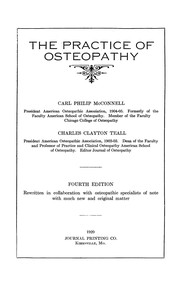SpaceX Starship Flight 7 Test Gets FAA Launch Licence, Preparing for 2025
SpaceX has received the FAA’s launch licence for Starship Flight 7, marking another milestone in their quest for a fully reusable rocket system. After extensive engine tests, SpaceX is preparing for the test in early 2025. The flight will aim to improve key systems such as booster recovery and ocean splashdown. Designed for lunar and Martian missions, Starship’s role in NASA’s Artemis 3 mission and SpaceX’s broader goals is pivotal. The launch at Boca Chica, Texas, promises to advance Starship technology, with 24 test flights scheduled for 2025.

The Federal Aviation Administration (FAA) has granted SpaceX the launch licence required for the Starship Flight 7 test. This decision, announced on December 17, allows the company to move forward with preparations for the world's largest rocket at its Starbase facility in Boca Chica, Texas. The approval comes after a series of rigorous engine tests on the Starship spacecraft and its Super Heavy booster to confirm readiness for launch. Despite this progress, SpaceX has not disclosed a specific launch date for the test, though reports suggest a possible timeline in early or mid-January 2025.
Launch Preparations Underway
According to sources, the Flight 7 test will follow a similar trajectory to previous launches, involving the launch of the stacked Starship and Super Heavy rocket, an attempted booster catch at the launch tower, and a water landing of the spacecraft in the Indian Ocean near Australia. The FAA noted that safety remains a priority, with ongoing collaboration between the agency and SpaceX to ensure compliance with operational standards.
Flight 7 Objectives
The test aims to evaluate critical aspects of the Starship programme, including booster recovery and Starship's ability to return safely after ocean landings. As per reports, a previous test in November demonstrated a successful splashdown in the Indian Ocean, though the booster catch was aborted due to sensor issues. The upcoming test will attempt both procedures again, with enhancements based on prior performance data.
Broader Implications for Starship
Designed as a fully reusable heavy-lift system, Starship is integral to SpaceX's ambitions for lunar and Martian exploration. NASA plans to utilise the vehicle for its Artemis 3 mission, scheduled to land astronauts on the Moon in 2027. SpaceX intends to scale operations significantly, with 24 test launches planned for 2025 to refine its capabilities and advance in-space refuelling technologies.
These developments signal SpaceX's commitment to evolving Starship into a reliable platform for space travel, with commercial and scientific applications that extend far beyond Earth.












)



























































